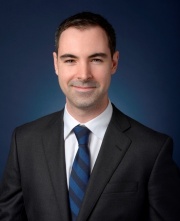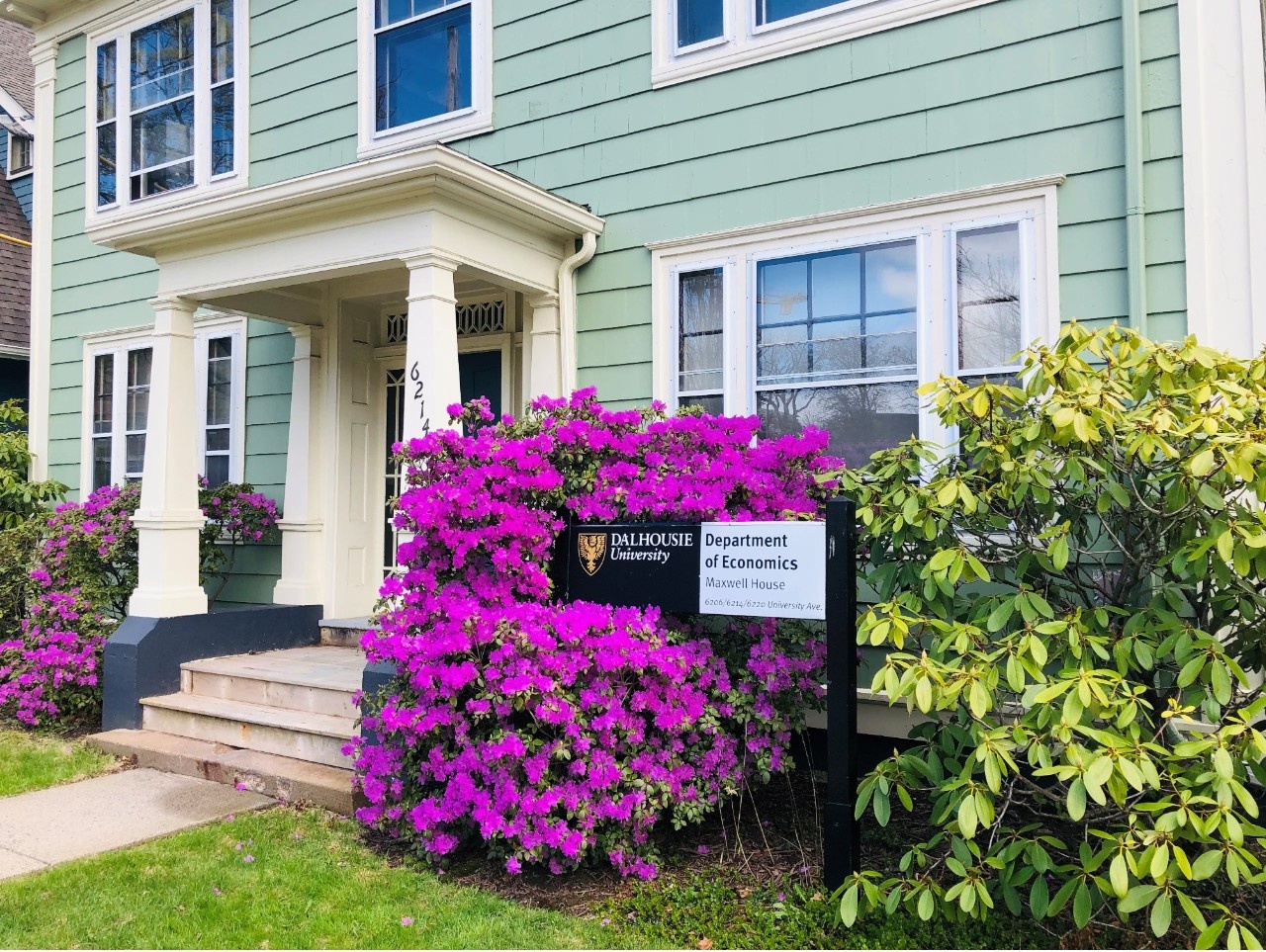Gerard Walsh
BA, 2010

My first job after graduate school was as an economist at RBC
Like all first-year students at the University of King’s College, I had an elective to choose at Dalhousie and I picked Principles of Microeconomics on a lark. It didn’t take long for me to realize it was the path for me. It was grounded and numerical in a way that philosophy was not while still being fundamentally concerned with the big questions of human flourishing. The next few years were heady times to be a student of economics. Lehman brothers collapsed as I was taking classes on monetary policy and financial economics which certainly gave the material added relevance. I got to know many professors in the department, and I spent many nights working away in the “GE basement” with a great bunch of classmates and graduate students.
The flip side of learning in interesting times was the sad state of the job market when I graduated. It took two tries, but I managed to land a job as a research assistant at the Bank of Canada in the Canadian Economic Analysis department. I worked on the monitoring team which meant forecasting the Canadian economy over a six quarters horizon. It was the best start in the profession I could have asked for. I learned the ins-and-outs of spreadsheets and databases, some programming, and I made great friends who I remain close with.
As my time at the Bank of Canada wound down, I started applying to graduate schools. I was faced with an agonizing decision between a PhD, MA, or the Master of Financial Economics (MFE) at University of Toronto. After talking to former graduates of the latter, and getting over some initial intimidation, I took the plunge and moved to Toronto. Once there, I found a program filled with people like me who were looking for a way to take their knowledge and interest in economics to the private sector.
My first job after graduate school was as an economist at RBC. I’ll never forget the feeling walking down Bay Street on the way in for my first day. I covered the Canadian and U.S. economies for RBC along with elections, climate change, and risk modelling for the next four years. Our team was small, and I learned a lot from my colleagues about forecasting, presenting to audiences, and working in a huge institution.
Two years ago, I left RBC to take a job on the economics team at Canada Pension Plan Investments, a crown corporation which invests the CPP fund’s surplus. Our team puts together the forecast and conducts research on many subjects with an eye to maximizing investment returns for the fund. It is a great place to work and it is a rare privilege to have my work as an economist translate directly into investment decisions.
